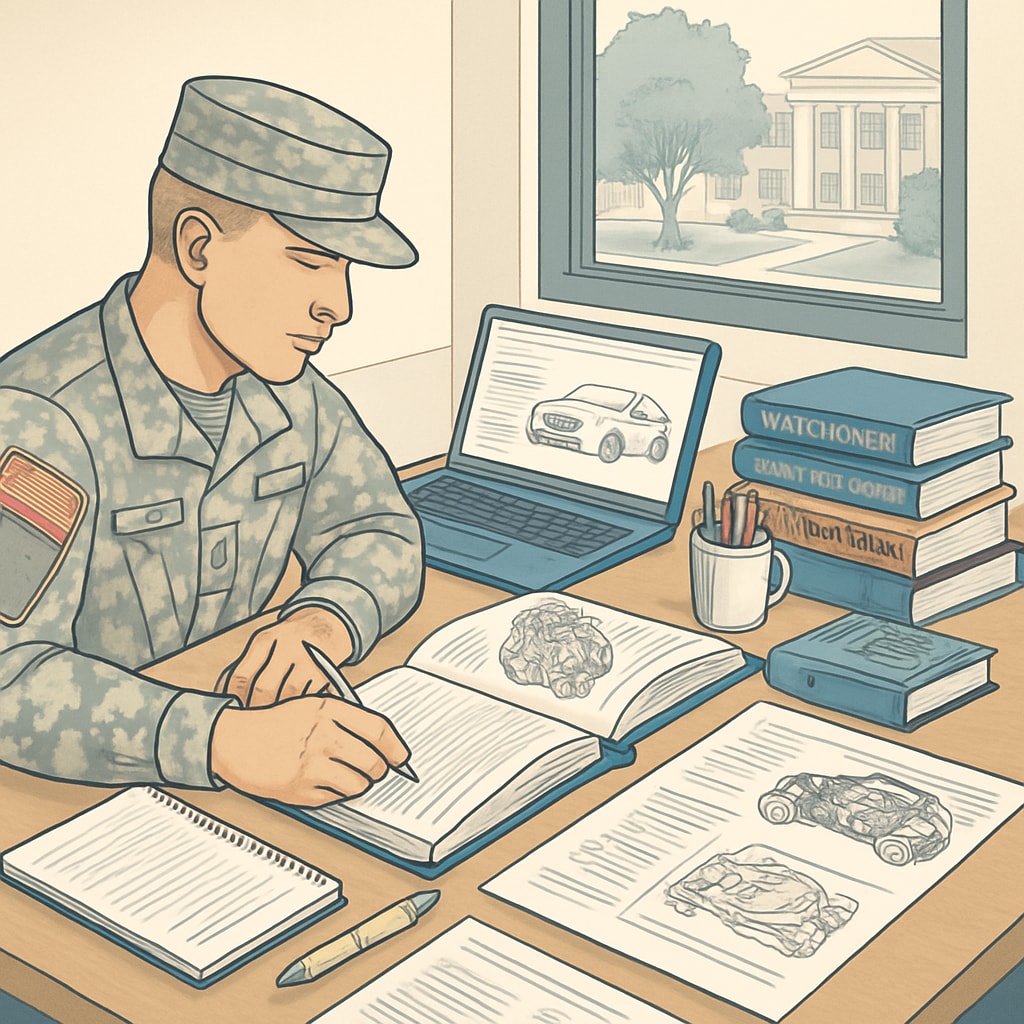Military professionals often seek ways to leverage their automotive technology associate degree into a bachelor’s degree, enabling broader career opportunities and academic growth. The process of credit transfer, combined with selecting the right academic program, ensures a seamless transition from military service to higher education. This article provides actionable insights for military personnel aiming to maximize their associate degree credits while pursuing a bachelor’s degree tailored to their automotive expertise.

Understanding Credit Transfer and Its Importance
Credit transfer is a critical factor for those with an automotive technology associate degree seeking a bachelor’s degree. By transferring previously earned credits, students can save time and reduce tuition costs. Most academic institutions evaluate credits based on course equivalency and accreditation. Therefore, military personnel should ensure their associate degree is from an accredited program recognized by their target university.
For example, a veteran transitioning into civilian life can benefit from a program like the Joint Services Transcript, which provides a detailed record of military training and coursework that may qualify for academic credit. Additionally, connecting with academic advisors early in the process can clarify which credits will transfer and align with the chosen bachelor’s degree.
Choosing the Right Bachelor’s Degree Program
The automotive technology associate degree offers versatile pathways for advancing into specialized or related bachelor’s programs. Here are some popular options:
- Automotive Engineering Technology: Ideal for those interested in vehicle design, manufacturing, and testing.
- Mechanical Engineering: Broadens expertise into areas like robotics and advanced manufacturing.
- Business Administration: Focuses on leadership and management roles within the automotive industry.
- Supply Chain Management: Tailored for logistics and operations careers in automotive companies.
Each of these degrees offers distinct advantages depending on career goals. For instance, veterans aiming to work directly in automotive innovation might choose automotive engineering, whereas those targeting executive roles may prefer business administration.

Actionable Steps for Military Personnel
To ensure a successful transition, military personnel should follow these steps:
- Research Accredited Universities: Look for schools that specialize in credit transfers and have experience working with veterans.
- Evaluate Degree Compatibility: Choose a bachelor’s program that aligns with your automotive expertise and career goals.
- Understand Funding Options: Utilize resources like the GI Bill or tuition assistance programs to cover costs.
- Connect with Support Services: Many universities offer dedicated veteran services to assist with enrollment, academic advising, and career planning.
- Leverage Prior Learning Assessments (PLAs): Some schools allow veterans to earn additional credits for military experience and certifications.
Balancing Academic and Career Aspirations
Pursuing a bachelor’s degree while transitioning from military service requires careful planning and time management. Many institutions offer flexible online or hybrid programs that accommodate military schedules and responsibilities. Additionally, networking with industry professionals and joining student veteran organizations can provide valuable support and career connections.
For example, the Britannica guide to education emphasizes the importance of integrating practical experience with academic learning, a concept particularly relevant for automotive technology students. Combining military discipline with academic rigor positions veterans for success in both education and their chosen profession.
Conclusion
Military personnel with an automotive technology associate degree have numerous pathways to advance their education and careers. By carefully selecting a bachelor’s degree program, maximizing credit transfer opportunities, and leveraging veteran-specific resources, the transition from military service to academic success becomes achievable and rewarding. Whether pursuing engineering, business, or another field, this journey opens doors to long-term professional growth and personal fulfillment.
Readability guidance: Use short sentences, clear transitions, and lists to enhance readability. Incorporate practical examples and maintain a professional yet approachable tone. Ensure that images complement the text, providing visual context for key concepts.


